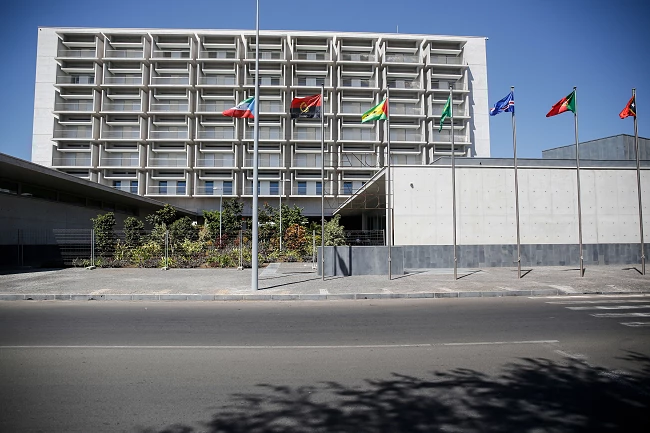According to central bank data, Cape Verde’s Net International Reserves (NIR), needed to guarantee imports, grew to €656 million by April.
According to the April monetary policy report from the Bank of Cape Verde (BCV), consulted today by Lusa, this performance assured last month 5.7 months of imports and compares with the reserves of €649.2 million that in October 2022 secured 6.3 months of imports, at the time of the previous report.
The central bank also estimates that Cape Verde’s NIR will reach €692.8 million in April 2024 – sufficient for 5.4 months of imports – which would represent a growth of 5.8% in one year.

According to central bank data, Cape Verde’s Net International Reserves had already grown by 5.1% in 2022 over the previous year.
These reserves – in foreign currency, needed to pay for goods and services abroad – rose from nearly €584.5 million in 2021 to more than €618.4 million by the end of the following year.
According to previous information from the central bank, this volume of reserves was then “considered a comfortable level”, an “adequate level of reserves” at least the equivalent of five months of imports of goods and services.
In the April monetary policy report, the BCV also said that “the country has accumulated at the end of the year [2022], in reserve assets, about €24 million,” and €30.5 million in RIL, “allowing to cover six months of imports of goods and services,” compared to 7.5 months in 2021.
Cape Verde is recovering from a deep economic and financial crisis resulting from the sharp drop in tourism demand – a sector that guarantees 25% of the archipelago’s Gross Domestic Product (GDP) – since March 2020 due to the covid-19 pandemic.
In 2020, there was a historic economic recession, equivalent to 14.8% of GDP, followed by a 7% growth in 2021 and 17.7% in 2022, driven by the recovery of tourism demand.
With information from Lusa

